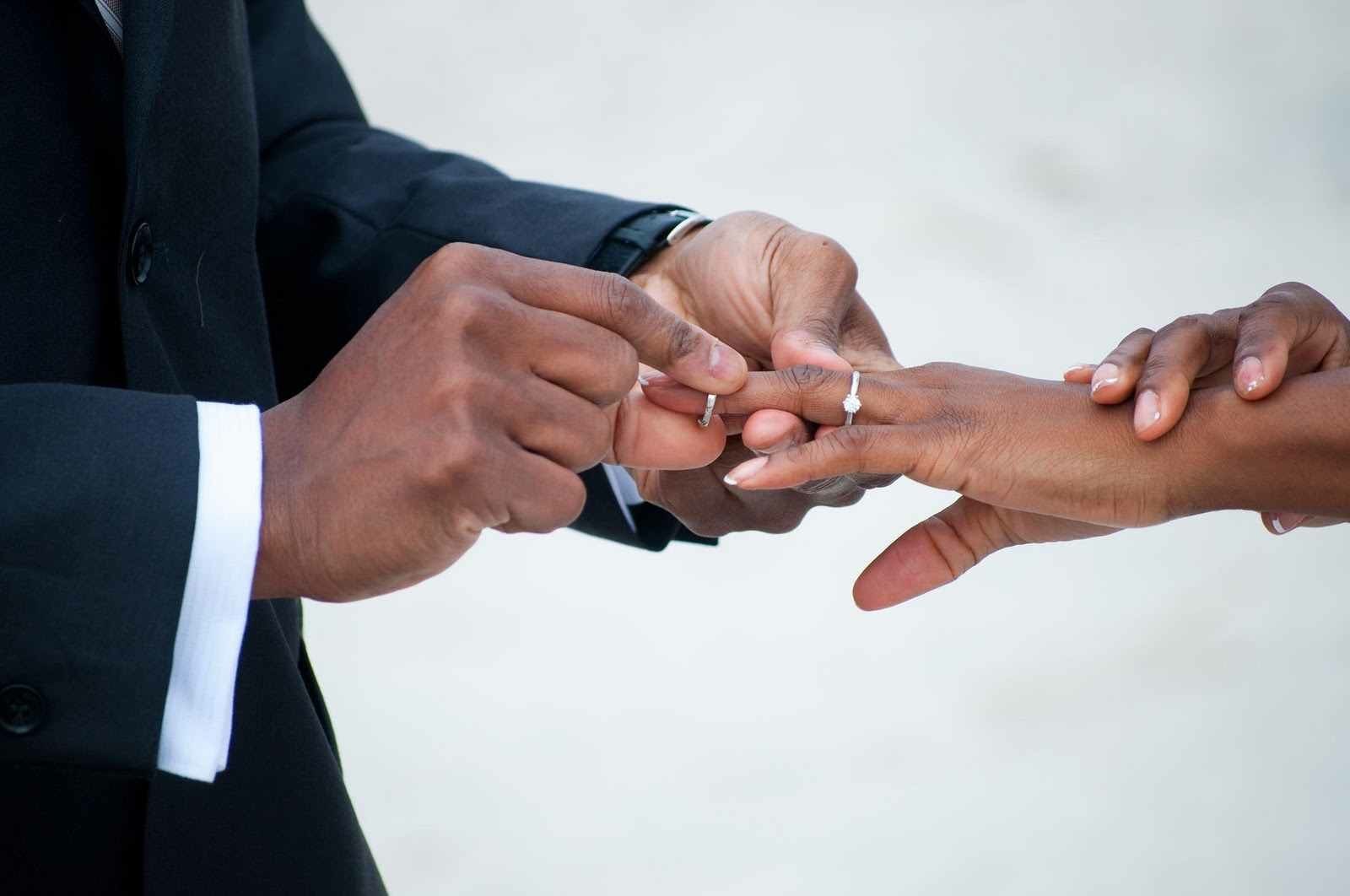Should Newlyweds Promise “Till Death Do Us Part” Or “For About 20 Years?”
May 9, 2012 by Justin Lehmiller
Most of us have attended weddings before where the couple getting married explicitly promised to love each other “till death do us part.” And if you’re anything like me, you probably thought to yourself “yeah, that’ll happen” at least once, not necessarily because you are pessimistic or jealous (or maybe you are), but because you know all too well that a large number of marriages just don’t go on forever. So what’s a realistic expectation for how long a new marriage will last these days? New research suggests that, among heterosexuals, most people would be pretty fortunate to have a 20-year partnership [1].
This finding comes from a nationally representative survey of over 20,000 U.S. men and women aged 15-44 conducted between 2006 and 2010. The researchers were looking at first marriages, specifically, how long these relationships typically last and the personal characteristics associated with staying together for longer periods of time. Results indicated that about 80% of men and women were able to make their first marriage last 5 years, but the further out you look from there, the fewer marriages survive. Basically, for every 5 years added, another 10% of couples divorce. This means that when you reach the 20 year mark, only about 50% of couples are still together (the exact numbers were 52% for women and 56% for men). So, the overall odds of staying with your first spouse for two decades are only slightly better than flying to Vegas and betting black on the roulette table.
That said, certain types of people seem to have longer first marriages than others. For instance, the couples who stayed together the longest did not live together before the wedding, did not already have children of their own, and delayed marriage until they were older (people who married while they were teenagers divorced the fastest). In addition, people who identified a religious affiliation and who had completed more education tended to have longer marriages. Race also appeared to factor into the equation. For example, Asian-American women had a much higher probability of a 20-year marriage (69%) compared to African-American women (37%). Unfortunately, this study cannot tell us why these associations emerged or whether any of these factors actually caused couples to stay together longer–all they can tell us is that there is a correlation.
In short, “till death do us part” is a nice sentiment, but it appears to be a promise that fewer and fewer people are willing to keep. Perhaps it’s time for marriage vows to reflect the fact that people are increasingly viewing marriage as a temporary rather than lifelong institution.
Want to learn more about Sex and Psychology? Click here for previous articles or follow the blog on Facebook (facebook.com/psychologyofsex), Twitter (@JustinLehmiller), or Reddit (reddit.com/r/psychologyofsex) to receive updates.
[1] National Health Statistics Reports, March 22, 2012
image Source: stock.xchng

Dr. Justin Lehmiller
Founder & Owner of Sex and PsychologyDr. Justin Lehmiller is a social psychologist and Research Fellow at The Kinsey Institute. He runs the Sex and Psychology blog and podcast and is author of the popular book Tell Me What You Want. Dr. Lehmiller is an award-winning educator, and a prolific researcher who has published more than 50 academic works.
Read full bio >


